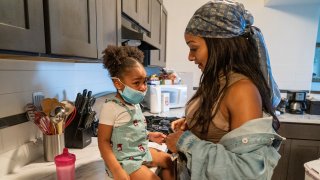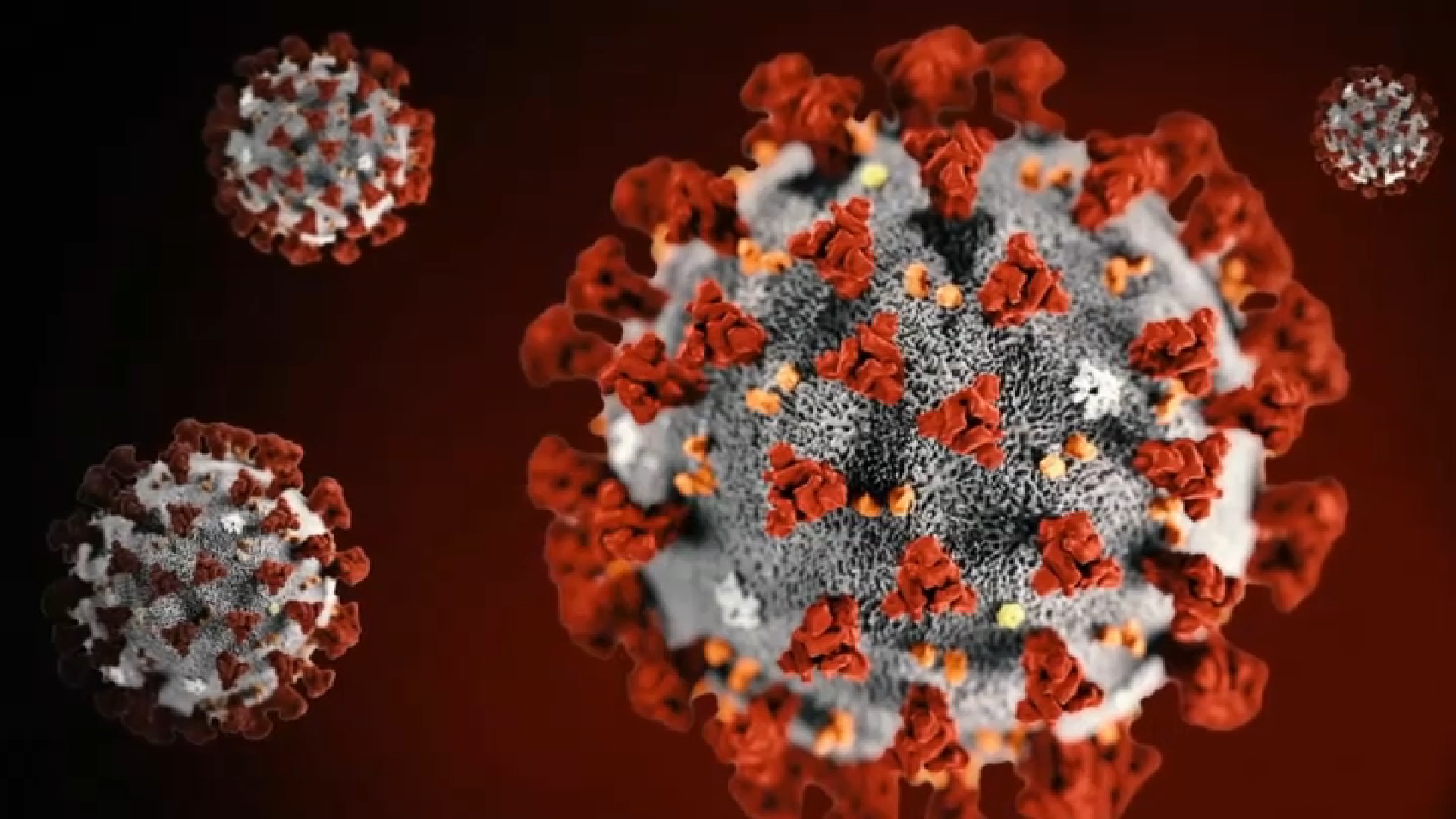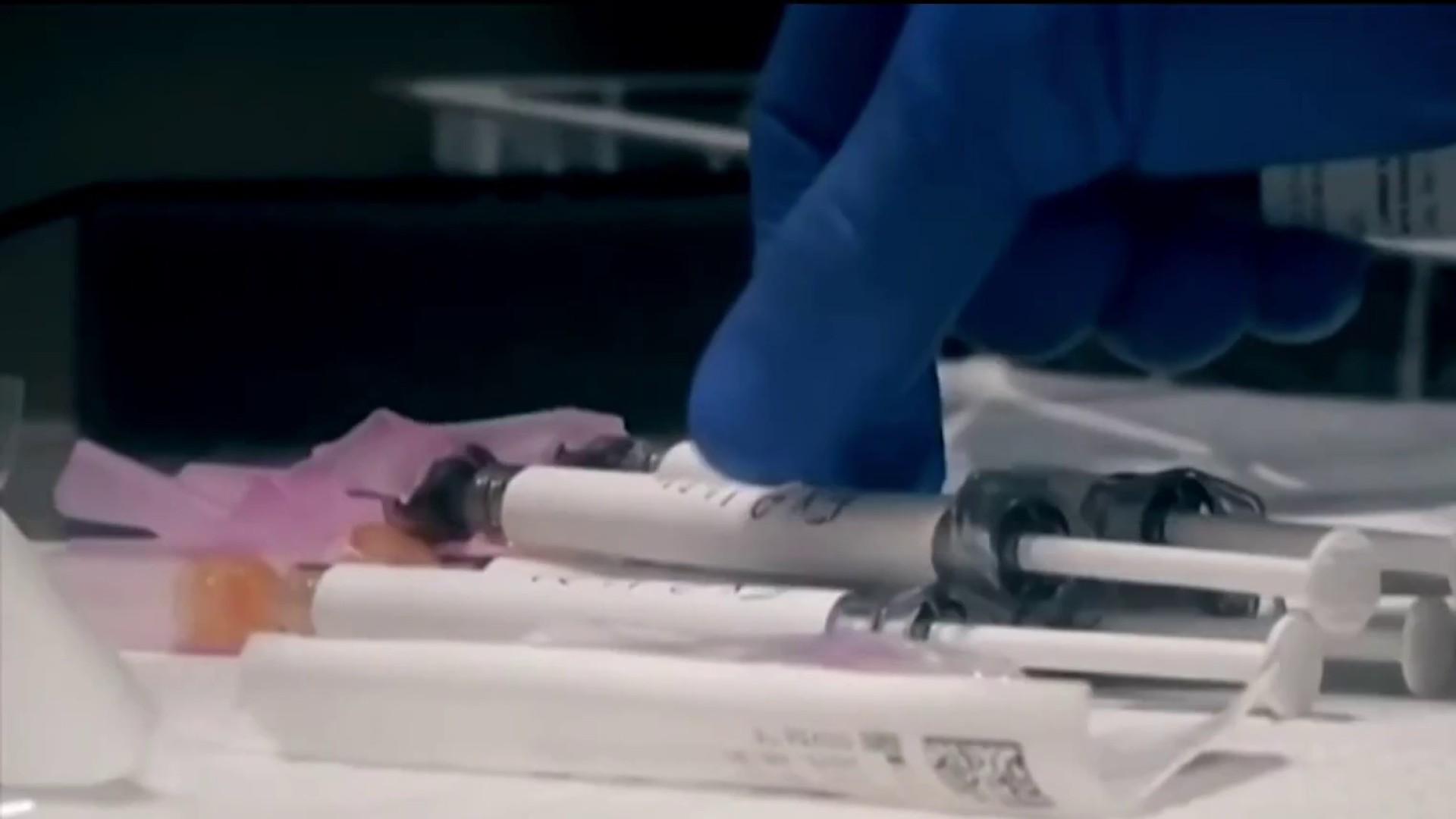
Just four months had passed since Ramon Ramirez buried his wife and now, here he was, hospitalized himself with COVID-19. The prognosis was dire, and the fate of his younger children consumed him. Before ending his final video call with his oldest, a 29-year-old single mother of two, he had one final request: “Take care of your brothers.”
Before long, he was added to the rolls of the pandemic’s dead, and his daughter, Marlene Torres, was handed the crushing task of making good on her promise. Overnight, her home ballooned, with her four siblings, ages 11 to 19, joining her own two children, 2 and 8.
The emotional and financial demands are so overwhelming that Torres finds herself pleading to the heavens. “Please help me,” she begs her parents. “Guide me.”
As the U.S. reached the milestone of 200,000 pandemic deaths, the pain repeats: An Ohio boy, too young for words of his own, who plants a kiss on a photo of his dead mother. A New Jersey toddler, months ago the center of a joyous, balloon-filled birthday, now in therapy over the loss of her father. Three siblings in Michigan who lost both parents, thrusting the oldest child, a 21-year -old, into the role of parent to his sisters.
With eight in 10 American virus victims age 65 and older, it’s easy to view the young as having been spared its wrath. But among the dead are an untold number of parents who’ve left behind children that constitute another kind of victim.
Micah Terry, 11, of Clinton Township, Michigan, misses seeing his dad at his karate classes, stopping by his father’s workplace, and sneaking in chicken nuggets with him at the movies. At his saddest points, he talks about him all day. But his brother, 16-year-old Joshua, grows quiet when the grief hits, channeling his feelings through the piano, which he learned to play from his father.
“My dad was my best friend,” Joshua says about Marshall Terry III, who died in April. “My goal is to make him proud while he watches from heaven.”
Coronavirus Pandemic
Full coverage of the COVID-19 outbreak and how it impacts you
In Waldwick, New Jersey, Pamela Addison’s 10-month-old son Graeme is bubbly and doesn’t seem to notice his father is missing, but it’s different for her daughter, Elsie. Addison sees the tot’s last truly happy day as her birthday in March, when Papa bought balloons and the virus seemed a distant threat.
Martin Addison was dead a month later at 44; today, Elsie, at the tender age of 2, is in grief counseling to handle it all.
Get a weekly recap of the latest San Francisco Bay Area housing news. Sign up for NBC Bay Area’s Housing Deconstructed newsletter.
“She’s having a difficult time adjusting to the fact he’s not coming home,” Addison says.
Four-year-old Zavion and 2-year-old Jazzmyn have been taken in by siblings after the death of their mother, 50-year-old Lunisol Guzman of Newark, New Jersey, who had adopted them when she was in her 40s. The oldest of her other three children, Katherine and Jennifer Guzman, swiftly decided to seek guardianship.
“These kids are our family,” Katherine said. “For us, it was a no-brainer.”
She says that Zavion and Jazzmyn are mostly resilient, but occasionally utter the same simple, heartbreaking sentence: “I miss mommy.”
No authoritative count of parents of minors lost to the coronavirus has been tallied, but it appears certain to run into the thousands in the U.S. Some children are now landing in the homes of grandparents like Anadelia Diaz, whose 29-year-old daughter, a single mother of three, died of COVID-19.
“I don’t call it a burden,” says Diaz, of Lake Worth, Florida. “It’s unconditional love.”
Her 15-year-old grandson has long lived with her, but Diaz feels like a new mother again, aching from racing after two little ones – one 18 months old, another a year older – in a yard now dotted with a swing set and a kiddie pool.
She and her husband once dreamed of a vacation in Alaska; now she’s had to stop working as a housekeeper and even a trip to the grocery store is an ordeal. The toddlers were used to sharing one room with their mother and, striving not to disrupt their routine even more, Diaz now sleeps in her den with them, where they wake each morning to a big picture of their mother on the wall.
Losing a daughter felt like losing part of herself. Her daughter’s memory is what keeps Diaz going. She turned 56 the day she buried Samantha, and she prayed she could survive to see the children through to adulthood.
“All I ask God is for our health and for strength, nothing else,” she says.
Stepping in for those who’ve died can be uncertain terrain.
After Ramath Mzpeh Warith and Sierra Warith married and had their first child, Ramath Jr., they settled on a division of labor: Mom would focus on classes to become an ophthalmologic assistant and handle most childcare responsibilities. Dad would work late as a Cleveland bus driver to support them.
As they awaited their second baby, though, both parents tested positive for the coronavirus and, while Ramath was mostly asymptomatic, Sierra grew sicker. After she was hospitalized, a baby boy named Zephiniah was born by C-section on May 14.
Sierra never would be well enough to hold him. She died a day before she would have turned 24.
Suddenly, he was mourning the love of his life and learning to take on all the things he relied on her to do. He took parenting classes at the hospital and his mother moved in upstairs so she could help. His 20-month-old, Junior, plants kisses on a picture of his mother and cries that he’s no longer nursed to sleep or cuddling beside her in bed.
Warith, 38, knows he will one day have to sit his boys down and tell them about their mother. But for now, he’s taking it day by day, trying to be the best father he can be in a forever-altered life.
“They still need a parent,” he says. “They still need to be hugged and kissed and loved.”
It’s impossible not to think of how things were before the losses the pandemic wrought.
For Nashwan Ayram of Sterling Heights, Michigan, it was a life of staying up late and sleeping until noon, and afternoons enjoying his mother’s cakes. He was used to being spoiled by his parents, used to carefree plans like a summer backpacking trip in Europe, used to a life with few responsibilities.
“I used to wake up having a full tank of gas in my Camaro,” he says, “worrying about nothing.”
Now, both of the 21-year-old’s parents are dead of the virus, and he’s left watching over two sisters he never felt particularly close to before. He’s teaching 18-year-old Nadeen to drive and helping 13-year-old Nanssy with school, all while attending to daily chores like grocery shopping and weeding through a mountain of paperwork to handle his parents' affairs and become a legal guardian.
He feels anger at his parents for dying and robbing him of his carefree life. He also calls them heroes for being so brave to leave their native Iraq and build a new life in the U.S. In a weird way, he says, losing them both at once may have been easier than only losing one: Now, he knows, life can never get worse.
Ayram wishes he could return to a carefree life of partying and freedom, but knows what he must do to make his parents proud.
“It’s the only thing I can do,” he says. “Honestly, it’s just me living for my sisters.”
___
Sedensky can be reached at msedensky@ap.org and https://twitter.com/sedensky.



